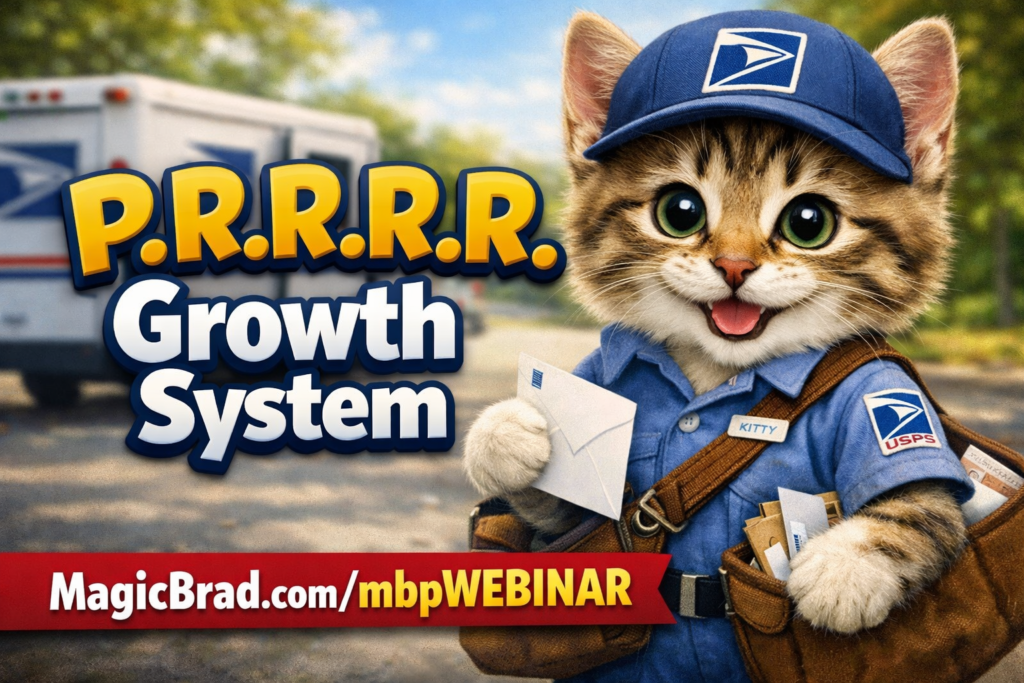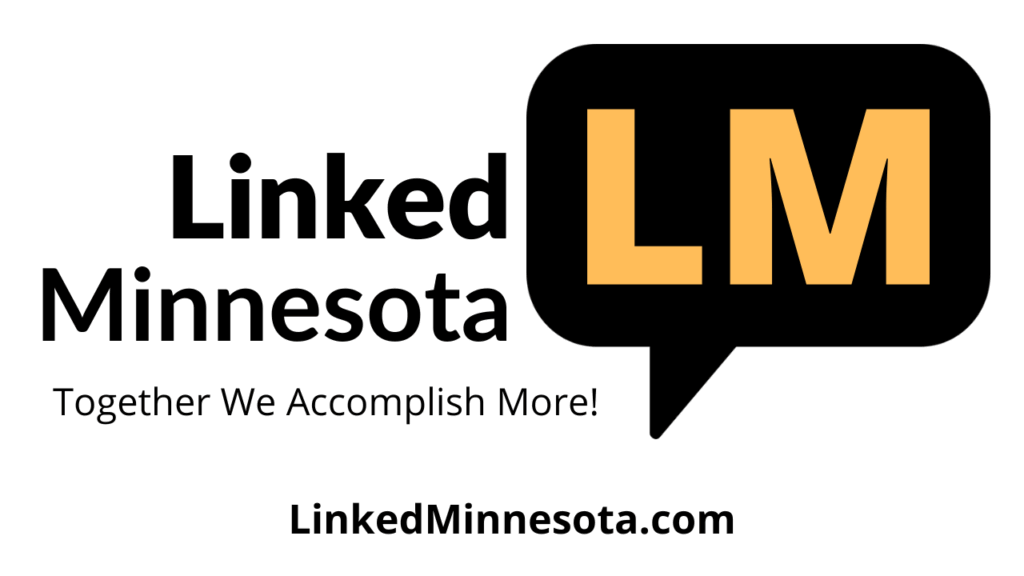Title: The Political Divide: Republicans vs. Democrats – A Clash of Ideologies
In the vibrant tapestry of American politics, the clash between Republicans and Democrats has been a defining feature for decades. From Capitol Hill debates to heated town hall discussions, the ideological chasm between these two major parties shapes the landscape of governance and policy-making in the United States. At the heart of this rivalry lies a fundamental disagreement on the role of government, social values, and economic policies, fueling passionate debates and entrenched partisanship.
The Republican Party, often associated with conservatism, advocates for limited government intervention in both economic and social spheres. Embracing principles of individual liberty, free market capitalism, and traditional values, Republicans typically support lower taxes, deregulation, and a strong national defense. They champion personal responsibility and advocate for policies that prioritize economic growth and opportunity, believing that a smaller government fosters innovation and prosperity.
Conversely, the Democratic Party, rooted in liberalism, emphasizes a more active role for government in addressing social and economic challenges. Democrats advocate for progressive policies aimed at promoting social justice, equality, and environmental sustainability. They prioritize issues such as healthcare reform, education access, and income inequality, often advocating for higher taxes on the wealthy to fund social programs and infrastructure development. Democrats believe in the importance of government intervention to mitigate disparities and provide a safety net for vulnerable populations.
The clash between Republicans and Democrats often plays out on a range of contentious issues, including healthcare, immigration, gun control, climate change, and civil rights. Each party offers contrasting solutions and perspectives, leading to fierce debates and gridlock in Congress. Compromise becomes elusive as partisan polarization intensifies, with each side demonizing the other and framing policy disagreements as battles for the soul of the nation.
The rise of social media and 24-hour news cycles has further amplified the polarization, creating echo chambers where individuals are exposed primarily to viewpoints that align with their own political beliefs. Confirmation bias and misinformation proliferate, deepening divisions and eroding trust in institutions. Civil discourse gives way to tribalism, with political adversaries viewed not as fellow citizens with differing opinions, but as enemies to be defeated.
Despite the acrimony, there are moments of bipartisan cooperation and compromise, demonstrating that progress is possible when politicians prioritize the common good over partisan interests. However, such instances have become increasingly rare in an era marked by hyper-partisanship and ideological purity tests.
As the United States navigates the complex challenges of the 21st century, the rivalry between Republicans and Democrats remains a defining feature of the political landscape. Bridging the divide will require a commitment to empathy, civility, and a willingness to engage in constructive dialogue across ideological lines. Only by transcending partisan gridlock can America fulfill its promise as a beacon of democracy and unity in an ever-changing world.
JOIN MyWealthyAffiliateTEAM.com

FREE WEBINAR – Direct Mail Marketing – The P.R.R.R.R. Method
AFFILIATE DISCLOSURE: The links on this website are my personal affiliate links and I will earn commissions from the purchases made from these links. This is how I earn money on the internet as a Wealthy Affiliate. (and you can too) JOIN MyWealthyAffiliateTeam.com (no fee, it's free) and we can collaborate for mutual success! Together We Accomplish More!
Navigation Menu
- Home
- Privacy Policy
- Synergy Affiliate Program
- Synergy Cafe
- Synergy Collaborative
- Synergy Event Marketing
- Synergy First Thursdays
- Synergy Lifestyle Academy
- Synergy Showcase
- Synergy Socials
- Synergy Summit
- Synergy Ventures
- The Magic Lounge
- The MagicBrad Show
- Travel
- Vendasta – All-in-one Business Platform
- Video Software
- StreamYard Pricing and More Details
- Wealthy Affiliate
- Web Hosting Services
- Web Hosting Services
- Webinar Software
- Website Builders
- WEBSITES
- Wellness
- Your Opening Act
- Home
- Privacy Policy
- Synergy Affiliate Program
- Synergy Cafe
- Synergy Collaborative
- Synergy Event Marketing
- Synergy First Thursdays
- Synergy Lifestyle Academy
- Synergy Showcase
- Synergy Socials
- Synergy Summit
- Synergy Ventures
- The Magic Lounge
- The MagicBrad Show
- Travel
- Vendasta – All-in-one Business Platform
- Video Software
- StreamYard Pricing and More Details
- Wealthy Affiliate
- Web Hosting Services
- Web Hosting Services
- Webinar Software
- Website Builders
- WEBSITES
- Wellness
- Your Opening Act









